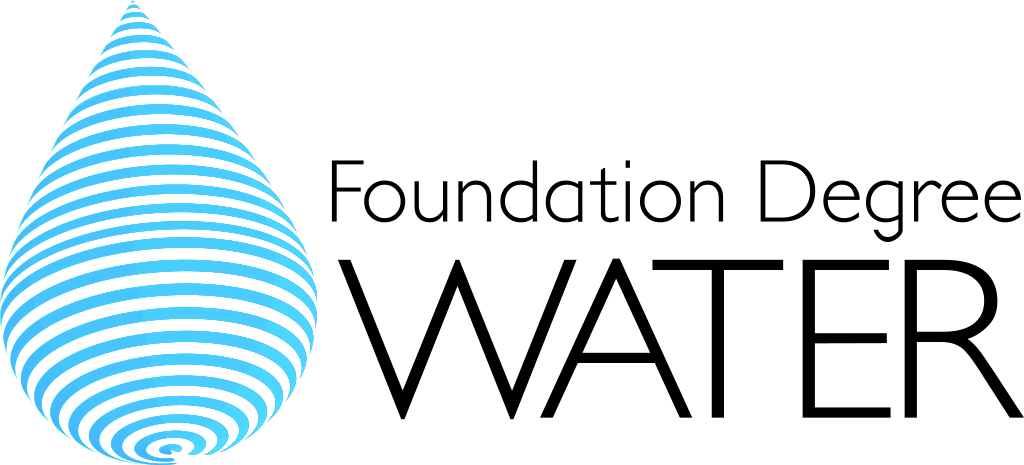Below is an extract from a speech by Sir James Bevan, Chief Executive of the Environment Agency, World Water Tech Innovation Summit, 22 February 2022.
The full text can be found here:
https://www.gov.uk/government/speeches/water-myths-facts-and-inconvenient-truths
Improving water quality isn’t the only or even the biggest problem we face. The biggest long term threat to the environment, our economy and our lifestyle, and the one on which I’d like to see the media and NGOs campaigning equally hard, is water quantity – simply having enough for people and wildlife.
This is about avoiding what I have called The Jaws of Death: the point on water companies’ planning charts some 20 years from now when if we don’t intervene, the demand for water in this country will outstrip supply. We face that risk due to a toxic combination of a changing climate, which will make water supply more erratic and cause more droughts, and increasing demand as our population grows.
Fact number 1: water is far more precious than we think
Perhaps because we all know the photo of our blue planet we tend to assume that water is free and limitless on Earth. It isn’t: it is astonishingly rare and easily damaged.
It is astonishingly rare in the universe. We know of no other planet anywhere which has liquid water, though Mars and some other planets may have had it millions of years ago.
And drinkable fresh water is pretty rare here on Earth itself. It makes up only 2.5% of all the water on our blue planet, and only 1% of that is accessible. And as our population grows we will experience more and more water stress. That could have severe geo-political consequences. US Vice President Kamala Harris has warned that wars in future will be fought over water not oil. Growing water scarcity also has major economic implications, which is why Goldman Sachs told investors a few years ago that water is “the petroleum of the new century.” I wouldn’t call water the new petroleum myself: water is a lot better for the environment and arguably a lot more valuable. So I’d call water the new gold.
Water is precious not just because it’s relatively scarce but because it’s also fragile: the water that nurtures us humans, wildlife and plants is very easily damaged and that damage can last for a long time.


